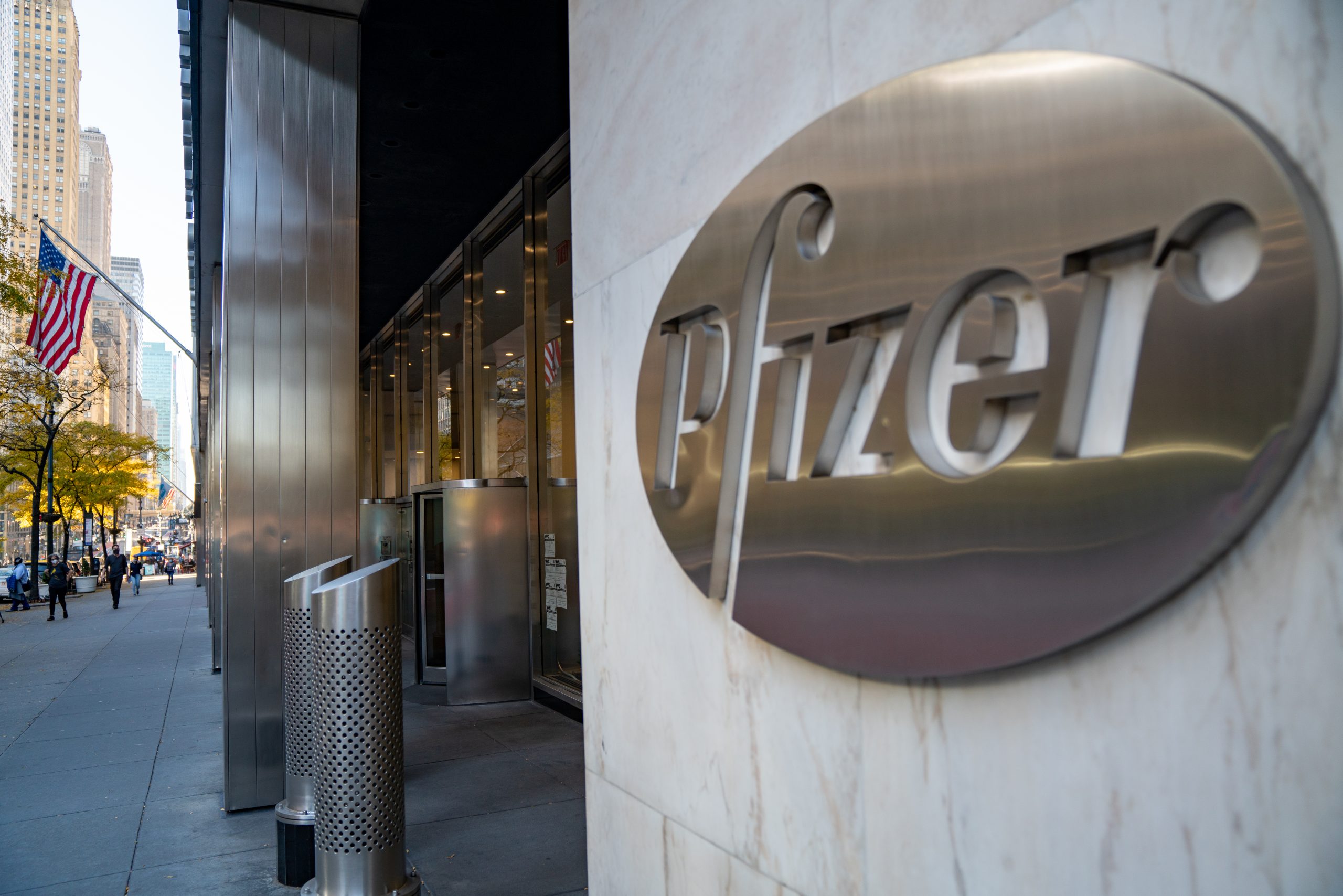
A vaccine against coronavirus has proved to be 90 per cent effective in an interim analysis of phase three trials – the final stage before commercial licensing – on what was yesterday hailed as “a great day for science and humanity”.
We don’t yet know whether the Pfizer/BioNTech vaccine is as effective in older people, whether it prevents transmission or just symptoms, or how long immunity will last, and, crucially, it hasn’t yet received approval for an emergency license, but it is a piece of unequivocal good news. As Stephen writes, it is “proof of concept” that an effective vaccine can be developed against this novel virus (it spells good news for similar vaccine candidates) and that there is light at the end of the tunnel. It also suggests that Boris Johnson’s central prediction for the trajectory of the pandemic was broadly correct: as Katy Balls reported a month ago, the Prime Minister’s great hope and expectation has been that, between progress towards a vaccine and developments in mass testing, the outlook will be much sunnier by March.
This has also been the assumption of economic projections: between the above public health developments and a consensus that the virus spreads less quickly in warmer weather, the Monetary Policy Committee’s (MPC) assumption is that restrictions will be loosened somewhat from the end of March 2021. This was the expectation before the latest vaccine development: the Pfizer news is yet more reason to believe it to be likely.
[see also: John Lewis chooses not to furlough workers – exposing Rishi Sunak’s big mistake]
But this also raises an uncomfortable truth about the economic recovery. Even with the assumption of restrictions being loosened somewhat from March, a trade deal with the EU, and no lockdown in England beyond 2 December, the MPC’s central projection is that GDP, for example, won’t be at the level of the last quarter of 2019 until the first quarter of 2022. Today we have the latest unemployment figures, showing that a record 314,000 people lost their job in the three months to September and that unemployment has risen to 4.8 per cent.
Today is also the day that Labour’s Anneliese Dodds and Ed Miliband launch their push for a green recovery plan. It is maybe unfortunate timing for an urgent warning about a jobs crisis and the climate emergency to coincide with a rare piece of good news, but it merely underlines the fundamental point: jobs won’t recover all at once with the development of a vaccine. The jobs crisis will continue throughout 2021, and more than just a vaccine will be needed to address it.
[see also: Without skilled workers the green recovery will be stuck on red]






